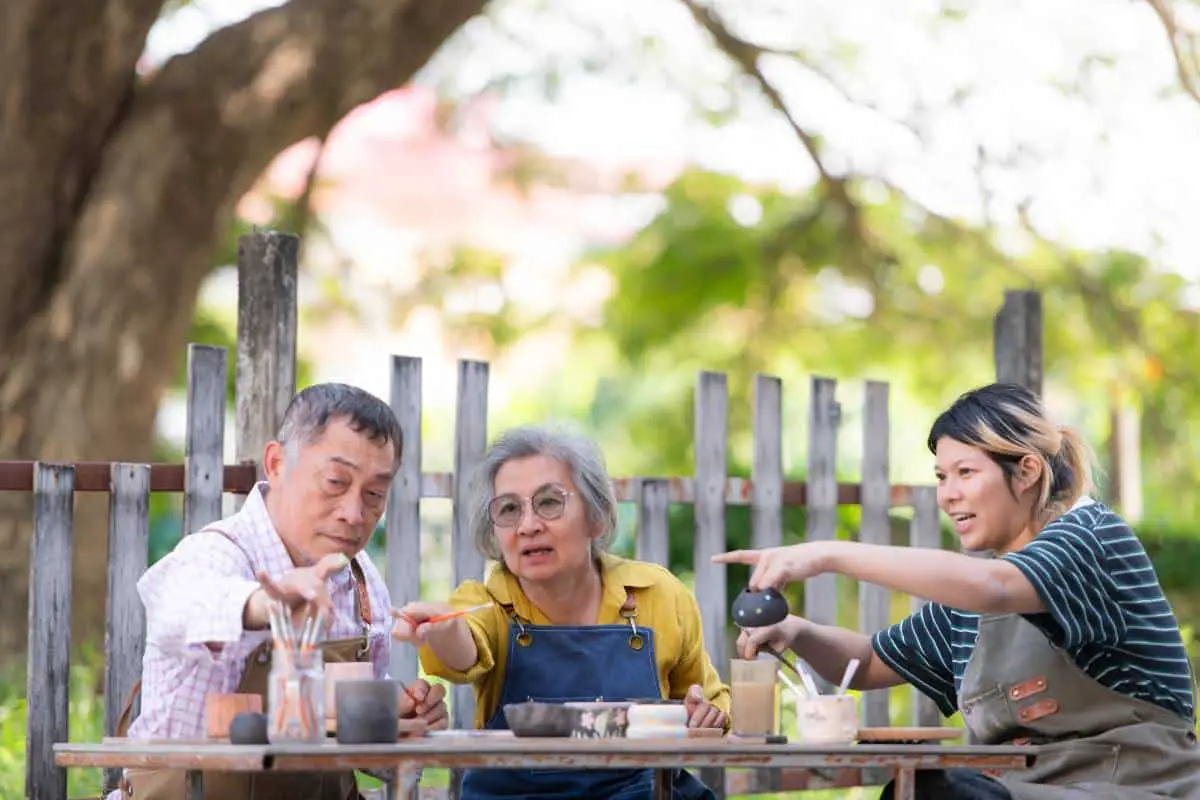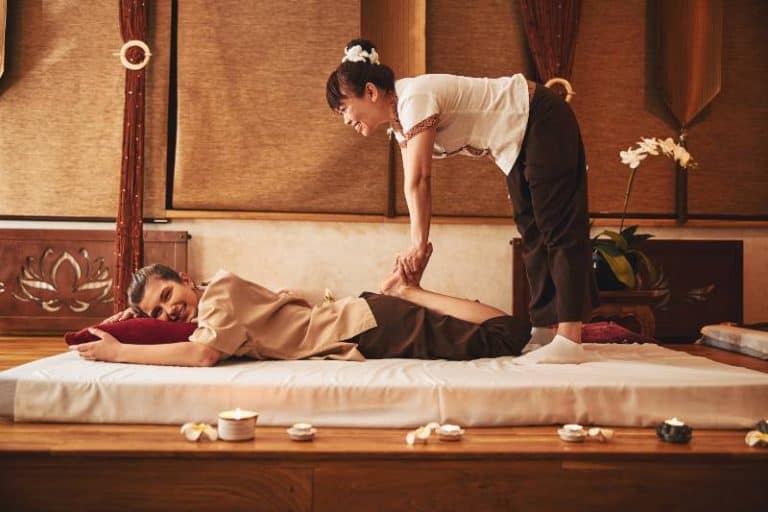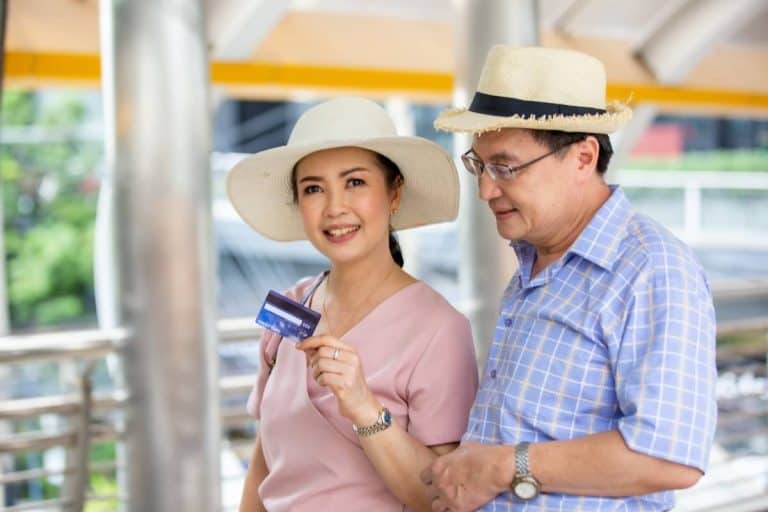Understanding and Respecting Thai Elderly Customs
Hey there! I’m Tom from Better Living Asia, and when it comes to understanding and respecting Thai elderly customs, I feel like a student learning a whole new language of the heart. Remember that feeling of wanting to fit in but not quite knowing the unwritten rules? That was me when I first arrived. Through countless warm interactions, patient teachers, and yes, a few awkward moments, I discovered traditions that go far beyond simple politeness. Whether you’re planning a visit or considering a move to Thailand, I’ll help you navigate these precious customs with confidence and authenticity.
Key Takeaways
- Understanding Thai elder customs is fundamental to successfully navigating social and family life in Thailand
- Respect for elders combines physical etiquette, verbal communication, and social responsibilities
- While traditions remain strong, modern Thai society balances ancestral customs with contemporary lifestyle
The Buddhist Foundation of Elder Respect
In Thailand, respect for elders isn’t just a social nicety – it’s deeply rooted in Buddhist principles. During my first visit to a local temple with my Thai wife’s family, I witnessed how Buddhist beliefs shape the way younger people interact with their elders. The concept of earning merit through respectful actions towards older individuals is fundamental to Thai society.
This spiritual foundation influences everything from daily greetings to major life decisions. It’s fascinating to see how these ancient principles continue to guide modern behavior, especially in how different regions interpret these customs. For instance, in northern Thailand, you might notice slightly different ceremonial practices than in Bangkok, though the core value of elder respect remains constant.
Family Structure: The Heart of Thai Elder Customs
The Thai family structure operates like a well-orchestrated symphony, with elders conducting the performance. Here’s what I’ve learned about the hierarchy:
- Multi-generational living is common and often preferred
- Major family decisions typically involve consulting the eldest members
- Younger family members are expected to support and care for their elders
One thing that struck me was how the traditional family structure adapts to modern life while maintaining its core values. Even in bustling Bangkok, where Western influences are strong, you’ll find families gathering regularly to seek elderly wisdom and blessing.
Physical Etiquette: The Language of the Body
Let me share some practical tips about physical etiquette that took me a while to master:
Head and Feet Rules:
- The head is sacred – never touch anyone’s head
- Keep your feet pointed away from elders
- Sit lower than older people when possible
Proper Positioning:
- Stand up when an elder enters the room
- Walk slightly behind, not ahead of elderly people
- Bow slightly when passing between elders
Daily Interactions: Navigating Social Waters
Remember my earlier story about the feet-pointing incident? Well, that was just the beginning of my journey in understanding Thai social customs. Here’s what you need to know about everyday interactions:
Home Visits
When visiting an elder’s home:
- Remove your shoes before entering
- Step over, never on, the threshold
- Accept any offered drinks or snacks (refusing can be considered rude)
During meals:
- Wait for elders to begin eating first
- Use serving spoons for shared dishes
- Leave a small amount of food on your plate to show satisfaction
Modern Times, Ancient Values
Living in Bangkok, I’ve watched the fascinating dance between tradition and modernity in Thai family life. Young professionals juggle busy careers while maintaining strong connections with their elders through creative means.
Technology has become a bridge rather than a barrier. I see my Thai neighbors video-calling their parents daily for advice about everything from business decisions to dinner recipes. It’s heartwarming to watch these ancient values adapt to modern life.
Even in the busiest districts of Bangkok, weekend family meals remain sacred. These aren’t just casual get-togethers – they’re opportunities for younger generations to seek guidance and show respect to their elders. It’s proof that some values never go out of style, they just find new ways to flourish.
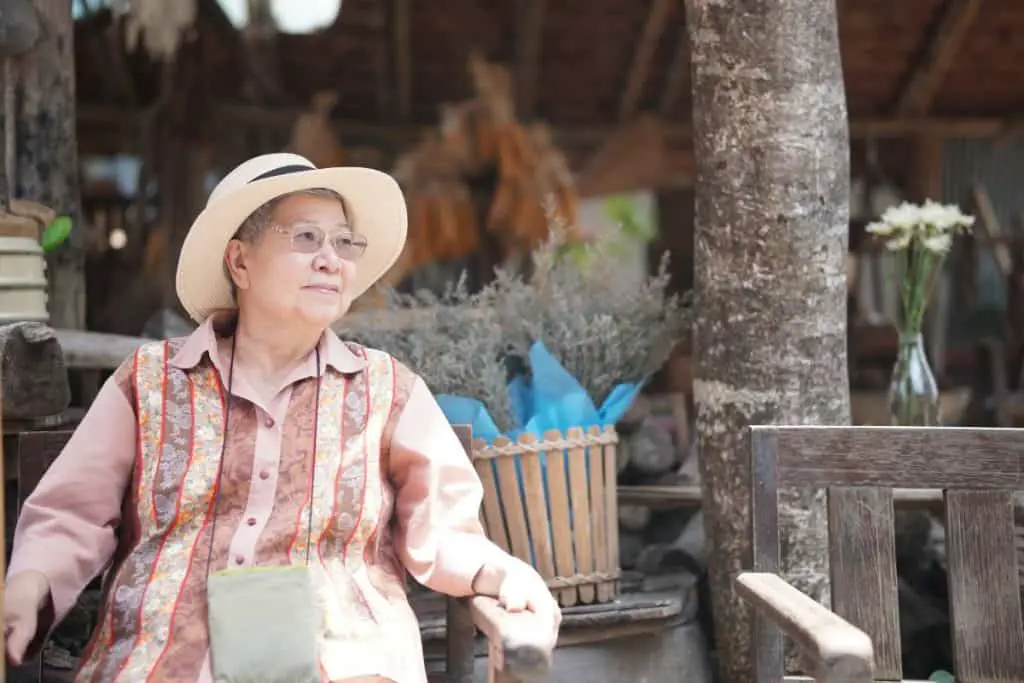
Special Occasions and Ceremonies
Traditional celebrations highlight elder respect beautifully. Songkran (Thai New Year) stands out – watching younger people pour scented water over elders’ hands while asking for blessings never fails to move me.
Family gatherings, whether birthdays, weddings, or religious ceremonies, all have their special way of honoring elders. These aren’t just formalities – they’re precious moments that strengthen family bonds and keep traditions alive.
Here’s a practical tip from my experience: always arrive early to ceremonies. It shows respect and gives you time to properly greet everyone according to age and status. Trust me, punctuality matters more than you might think!
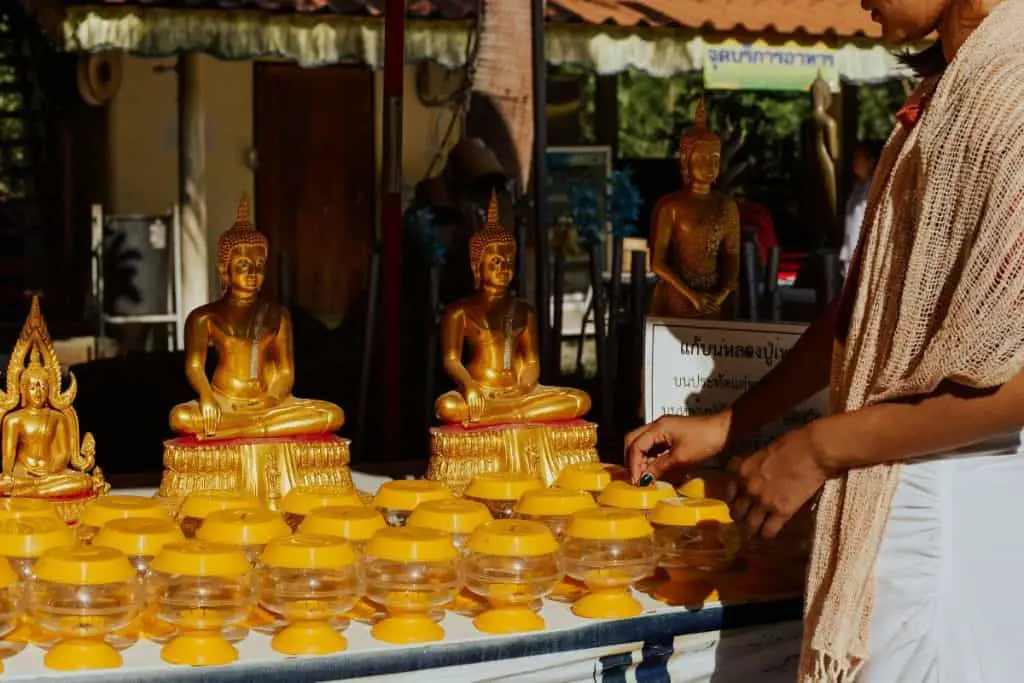
Practical Tips for Everyday Life
After years in Thailand, I’ve learned that smooth interactions with elders come down to a few essential practices. The key is maintaining a calm, attentive demeanor. Think of it as slowing down your tempo when interacting with elders.
Body language speaks volumes here. Simple gestures like a slight bow, keeping your hands below an elder’s level when passing items, and speaking softly show respect without saying a word. Pair this with proper honorific titles (like “Khun,” “Lung” for uncle, or “Paa” for aunt), and you’re well on your way to showing appropriate respect.
Accepting advice graciously – even if you ultimately choose a different path – helps maintain harmonious relationships. It’s not about blind obedience, but rather showing appreciation for their wisdom and experience.
FAQs
What’s the most important thing to remember when interacting with Thai elders?
How do I address elderly people in Thai culture?
What gifts are appropriate for Thai elders?
How can I politely disagree with an elder?
What should I do if I accidentally break an elder respect custom?
Conclusion
I’ve come to deeply appreciate how elder respect enriches both family and social life. While these customs might seem complex at first, they’re really about showing love and appreciation for those who’ve walked life’s path before us.
If you’re planning to live in or visit Thailand, don’t hesitate to reach out with questions. While I’m not a cultural expert, I’m always happy to share my experiences and help you navigate these beautiful traditions. Message me today to start the conversation!
